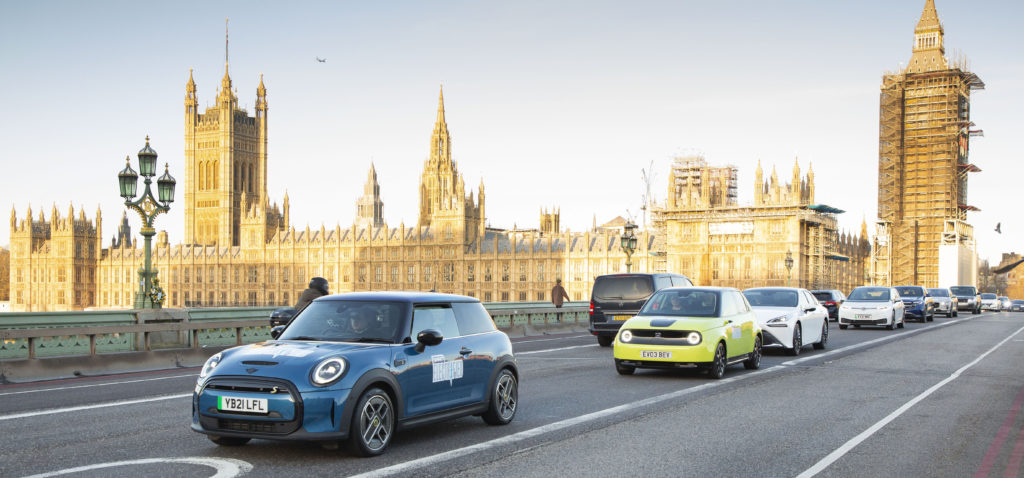EVs are for ‘fleets not families’ suggests the Society of Motor Manufacturers and Traders, warning 2030 targets could be in jeopardy. The SMMT casts doubt on the ambition to have most transport electric by 2030 when EV retail incentives are cut and daily charge points installation rates are 6% of the required 700 day.
The SMMT has called for greater support for private retail uptake of EVs, following new figures showing businesses are twice as likely as consumers to make the switch from petrol or diesel.
SMMT analysis of new car registrations in 2020 show that just 4.6% of privately bought cars were battery electric vehicles (BEVs) – compared to 8.7% for businesses and large fleets. In total, consumers registered 34,324 BEVs in 2020, compared to 73,881 corporate registrations.

According to the organisation about one in three households have no dedicated off-street parking, leaving them disproportionately dependent on public charging points – of which around one in 10 are out of order at any given time.
It also says businesses and company car drivers currently receive stronger and longer-lasting motivation through reduced purchase taxes and fiscal incentives compared to consumers.
The SMMT points out, however, that both felt the cut to the Plug-in Car Grant (PiCG) last week, the effect of which will add £500 to the cost of every BEV under £35,000, and £3,000 to those costing more than £35,000, as the grant is removed from EVs over that price.
SMMT estimates that maintaining the PiCG and similarly exempting consumer EV purchases from VAT would increase uptake by almost two-thirds by 2026 compared to current predictions.
It further estimates that around 2.3m public charge points would need to be in service by 2030 to provide adequate coverage and tackle range anxiety – meaning more than 700 new charge points would have to be installed every day until the end of the decade.
By comparison, the current installation rate is approximately 42 a day.
Mike Hawes, SMMT chief executive, said, “While last year’s bumper uptake of electric vehicles is to be welcomed, it’s clear this has been an electric revolution primarily for fleets, not families.
“Manufacturers are committed to the consumer, reducing costs and providing as wide a choice as possible of zero-emission capable vehicles with many more to come.
“To deliver an electric revolution that is affordable, achievable and accessible to all by 2030, however, government and other stakeholders must put ordinary drivers at the heart of policy and planning.
“We need incentives that tempt consumers, infrastructure that is robust and charging points that provide reassurance, so that zero-emission mobility will be possible for everyone, regardless of income or location.”



